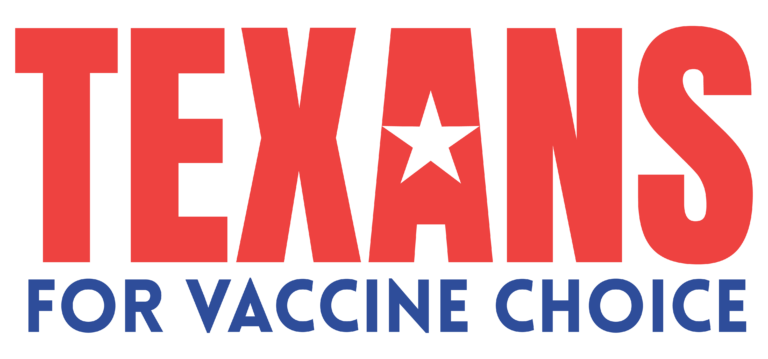On Tuesday, the Department of Health and Human Services announced they would be sending Moderna a whopping $176 million for the big pharmaceutical company to develop an “influenza mRNA-based vaccine.” Remember the last time Moderna was tasked with creating a mRNA jab? Just like during the COVID-19 debacle, the same mRNA technology will be used, raising familiar red flags about issues with transparency, safety, and the potential for mandates.
Federal officials announced the funding amidst “growing concerns” over bird flu cases in dairy cows across the country. The H5N1 virus, which was detected earlier this year, has spread to more than 135 herds in 12 states and has infected three people to date, all with mild cases. The risk to the wider population remains low, but the government is pushing forward with this substantial investment through the Biomedical Advanced Research and Development Authority (BARDA).
Moderna’s bird flu vaccine is still in very early-stage testing. The new funds include continued development of the vaccine, potentially leading to a late-stage trial next year if early results are promising. However, federal officials emphasize that the project can be redirected to target another form of influenza if a different threat emerges. This investment brings back memories of the rapid development and rollout of COVID-19 vaccines, which faced scrutiny over side effects and long-term impacts.
As discussions around this new funding unfold, it is imperative that vaccine mandates are avoided. The lessons from the COVID-19 pandemic show that transparency and patient autonomy must be prioritized. Despite what the medical mafia pushes, patients should have full knowledge of the potential effects before taking any new vaccine, ensuring informed consent.
This should not be another pandemic where emergency measures override individual rights and freedoms. Instead, we must advocate for medical liberty and ensure that the development of any new vaccine is conducted with the highest standards of safety, transparency, and respect for informed consent.
